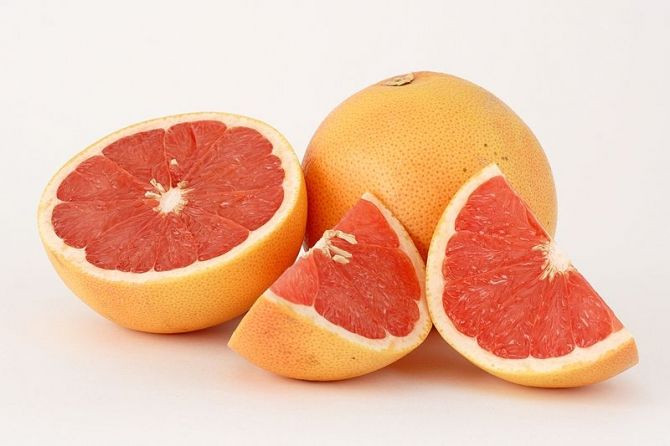Grapefruit Juice May Boost Effects of Chemotherapy Drug

Grapefruit juice has been known to positively interact with medication, so a group of researchers from the University of Chicago and the University of Texas decided to exploit that fact for cancer patients. In a small study of 138 cancer patients, researchers studied whether grapefruit juice had any effect on the reception of a drug associated with chemotherapy.
The drug sirolimus is often used for organ recipients but its immunosuppressant qualities have been useful for patients who are undergoing chemotherapy. While researchers found that 90 milligrams was the optimal dose of sirolimus, patients' bodies could only comfortably handle 45 milligrams.
Researchers, led by Ezra Cohen, MD, from the University of Chicago Medicine discovered that when patients were given grapefruit juice in conjunction with sirolimus, they only needed 25 to 36 milligrams of sirolimus to have the same effect. Researchers also tested whether another drug, ketoconazole, which can also delay the body's breakdown of sinolimus, had a similar effect; they found that patients who took ketoconazole only needed 16 milligrams of sirolinus in their system. Furthermore, though not all cancer patients reported a response, a third of them saw that their cancer stopped spreading.
While ketoconazole had a larger result than grapefruit juice did, it is important to note that grapefruit juice, by itself, does not have any side effects or carry any risk of overdose. Researchers also found that not all grapefruit juice was created equal, as levels of furanocoumarin affected levels of absorption into the body. Investigators ended up using grapefruit juice provided by Florida's Department of Citrus (which sounds like a joke but is a legitimate government organization).
Researchers insist that it is a bit premature to suggest that people could take grapefruit juice in order to lower the use of sinolimus, though that would probably alleviate some side effects and save cancer patients some money. Indeed, Cohen and his fellow investigators say that people who are taking sinolimus should probably just avoid grapefruit juice, in addition to Seville oranges and pomelo, which have similar effects. In the future though, maybe chemotherapy patients and organ recipients will be able to drink grapefruit juice in order to further the use of less sinolimus.
The results of the study were published in the journal, Clinical Cancer Research.
Published by Medicaldaily.com



























